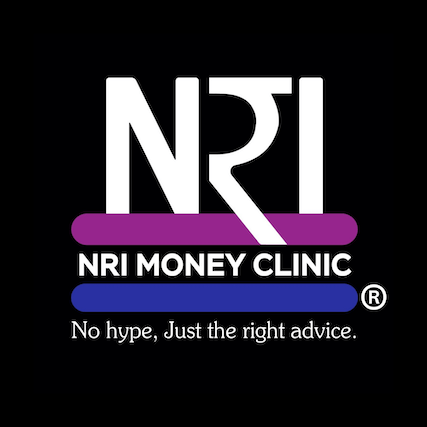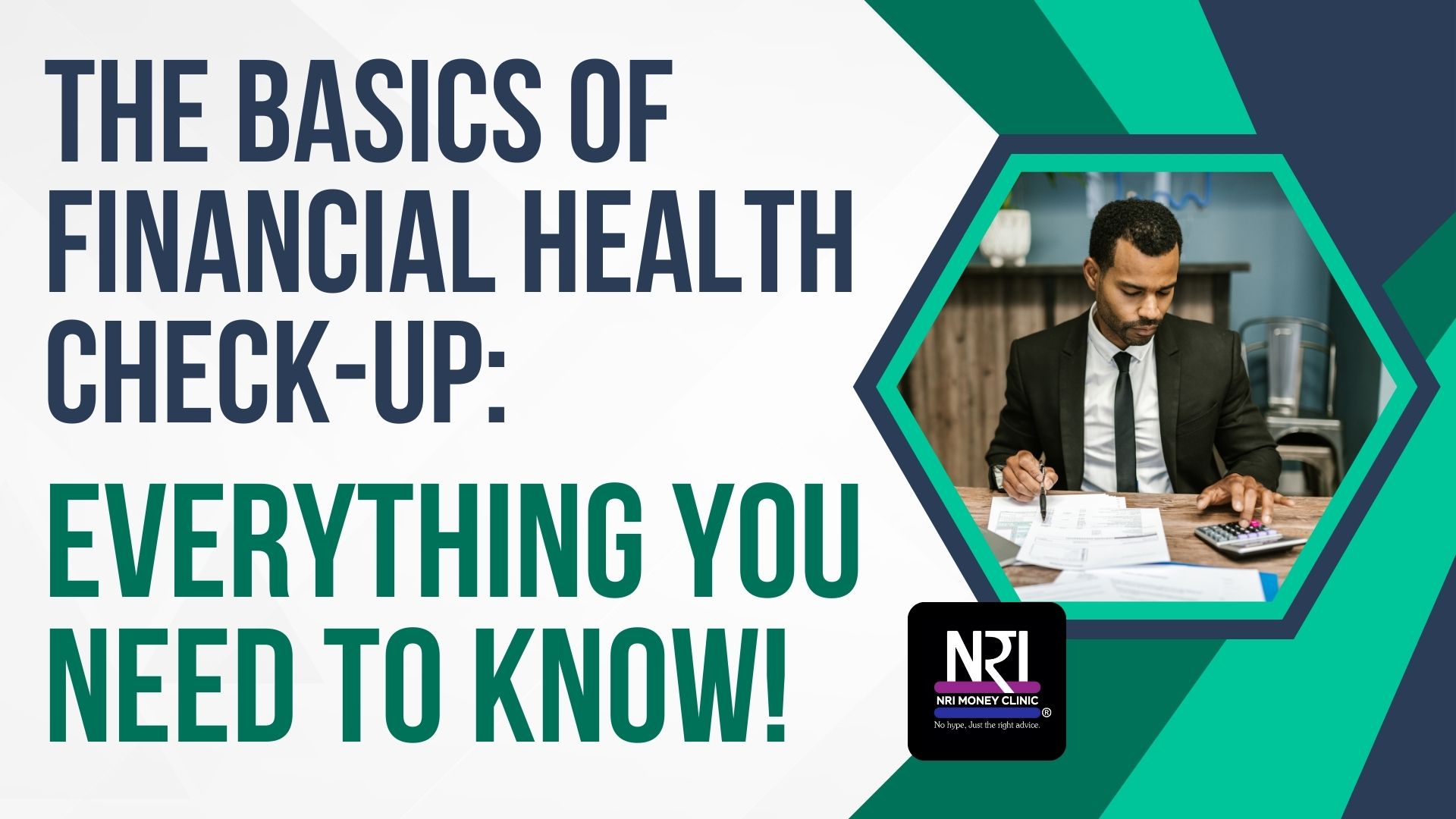Let’s be real: We all dream of a retirement filled with white beaches, steaming filter coffee, and zero alarm clocks. But for many, the reality of the “Golden Years” looks more like a stressful math problem.
Retiring without enough money isn’t a stroke of bad luck—it’s usually the result of a few classic, avoidable mistakes. If you’re in your prime earning years (especially between 45 and 60), it’s time for some professional, witty, and slightly “tough love” truth-telling.
Here are the 10 reasons your retirement corpus might fall short and how to stay on track.
1. Procrastination: The “I’ll Start Next Diwali” Syndrome
Retirement planning comes with a ticking clock. When you start early, time is a compounding machine. A small amount today becomes a mountain tomorrow. Every year you wait, you aren’t just losing 12 months; you’re losing the exponential growth those months provide.
The Fix: Start now. Not tomorrow. Not next New Year. Now.
2. The “ATM” Habit: Dipping Into the Pot
If you treat your retirement fund like a secondary savings account for holidays or gadgets, your plan is “operation successful, patient died.”
The Fix: Choose illiquid retirement plans. Treat your corpus like a Bhagwan ka dabba (God’s offering). You put money in, you pray, and you do not touch it until the day you stop working.
3. Using a “Single-Sided” Strategy
Many people focus only on the “big chunk” of wealth. But at 60, you don’t just need a pile of cash; you need a salary replacement.
The Fix: Use a hybrid strategy. One portion of your money should create a steady Monthly Salary (Stability), and the other should focus on Wealth Creation (Inflation hedge).
4. The “Fashionable” Education Trap
We all love our children, but overfunding a “fancy” foreign degree at the cost of your retirement is a business mistake. Education is now a global industry; don’t let it bankrupt your future.
The Fix: If there’s a conflict between your retirement and their Masters degree, prioritize retirement. Your children can take an education loan (which teaches them responsibility); nobody gives a “retirement loan.”
5. Succumbing to Family “Nagging”
Conflict of interest is real. One spouse wants jewelry, the kids want the latest iPhone, and you want to save.
The Fix: Set an uncompromising “retirement quota” first. Whatever is left can go toward the fancy vacations and gadgets.
6. Unfinished Responsibilities at 60
Entering retirement with a home loan, a personal loan, or your child’s wedding expenses is like starting a marathon with a backpack full of bricks.
The Fix: Plan to clear all “unfinished business” before your final paycheck. Don’t use your hard-earned Gratuity or PF to pay off old debts.
7. House Rich, Cash Poor
Living in a “palace” while struggling to pay the electricity bill is a tragedy. Many NRIs put too much equity into a massive, dead-asset house.
The Fix: If your house is disproportionately large compared to your savings, consider downsizing. Swap that villa for a comfortable flat and release the equity to fund your lifestyle.
8. Flying Without a Flight Plan (No Budget)
Most families don’t have a budget. They live paycheck to paycheck, unaware of where the money leaks are.
The Fix: Create a family budget. Know exactly what comes in and what goes out. If you can’t track it, you can’t save it.
9. The “Early Retirement” Mirage
Taking a VRS (Voluntary Retirement Scheme) sounds great until you realize you have to fund 40 years of life instead of 20.
The Fix: Remember, true retirement starts at 60. If you “retire” at 50, you need a separate plan to bridge those 10 years without touching your core retirement corpus.
10. The “Big Chunk” Confusion
When people suddenly receive a large sum (PF, Gratuity, or VRS), they often lose their heads. They lend money to “friends,” invest in low-yield residential property (2% returns!), or fund a relative’s “guaranteed” business.
The Fix: Don’t be a hero. Avoid illiquid assets or lending your principal. Seek professional advice to park that money where it generates a safe, monthly cash flow.
Don’t Leave Your Golden Years to Chance!
Retirement planning is 10% math and 90% behavior. Whether you need a “Retirement Salary” strategy or help managing a large chunk of wealth, our team of experts is ready to handhold you through the process.
Chat with us on WhatsApp to start your personalized retirement roadmap today!










